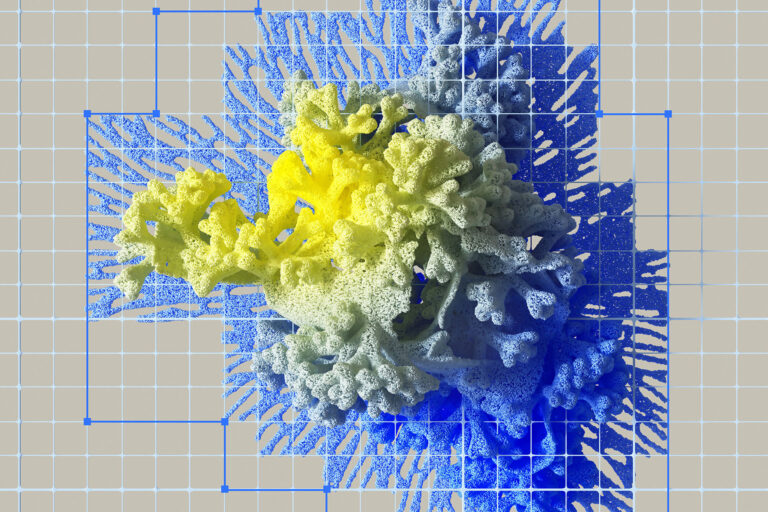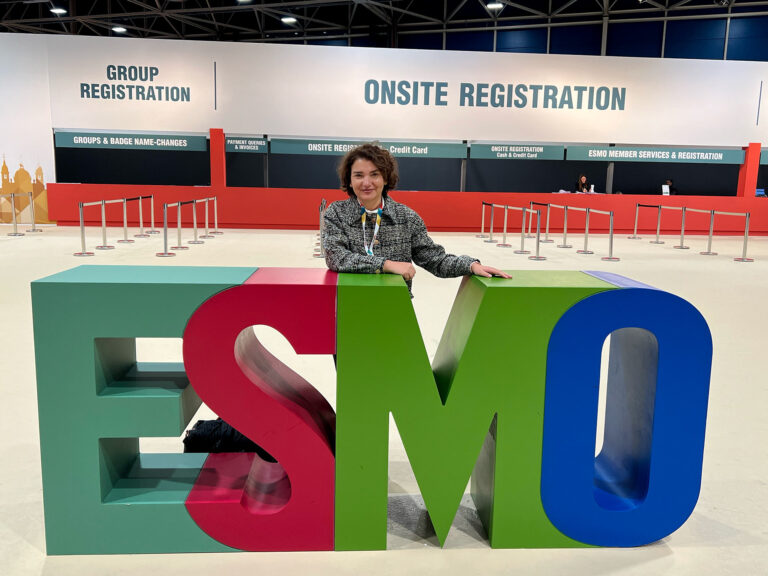Since I have been working in the pharmaceutical industry in the field of oncology for many years, I receive many cancer-related questions from people around me, particularly given that I am also a medical doctor. These questions are either for themselves or for their relatives who have been recently diagnosed or are living with cancer. These questions range from which doctor I can recommend, whether a new therapy is available, or general information about their disease. Sometimes, people also ask me about issues they should discuss with their doctors. As a response, I usually suggest available resources and tell them they should discuss these questions directly with their oncologists/surgeons. Unfortunately, this is not always the response they are expecting, and sometimes people are unhappy with me. I have learned from previous experiences that sometimes providing my input could cause unnecessary concern for a patient or family member. One such example is when I was talking with a friend’s wife after surgery to manage a cancer diagnosis. I questioned the healthcare system regarding the delayed pathology result. I could not have imagined the concern that my comment caused with my friend. Indeed, I have made some communication mistakes, and even though I have learned a lot from my mistakes, I continue.
As part of my journey to learn from my previous communication mistakes, I now talk to people diagnosed with cancer or their relatives carefully and thoughtfully. Despite my careful attention, I have experienced myself over-compensating and not being authentic. I once said something to a cancer patient that I should not have said because of this excessive attention.
Last week, the ESMO Breast Cancer Congress was held in Berlin. The congress included both excellent and exciting scientific sessions and poster presentations. One poster caught my attention for precisely the reasons I have discussed here. Eva Schumacher-Wulf was the author of this poster, “Uncovering insensitive platitudes: A survey of people with metastatic breast cancer (MBC)”. I want to share some highlights of this poster with you. I am sure everyone has good intentions when speaking with a cancer friend and believes their comments can support the patient. Unfortunately, some of our well-intentioned sentences may not be appropriate. The poster included feedback from metastatic breast cancer patients stating that they did not like the phrase “everything happens for a reason” because they feel that this sentence underestimates the disease. Alternatively, the patients appreciate when asked, “Can I support you by doing (any specific activity meant to help)?”. There are many comments in this poster in which I really learned something.
In my native language, we have a proverb that says, “Don’t ask the doctor; ask the patient” to understand a disease. Indeed, patients reported that other patients and their oncologists communicated much more carefully.
In summary, when you are going to talk to a friend or acquaintance who has been diagnosed with cancer, it may be helpful to visit a website beforehand to get ideas and tips on how to speak with them. This poster reminded me of the importance of good communication skills and authenticity, especially when communicating with cancer patients.
References:
- Eva Schumacher-Wulf . Uncovering insensitive platitudes: A survey of people with metastatic breast cancer (MBC)” Poster presented at ESMO Breast 2024, Berlin, 2024.
- Tips for talking to someone with cancer. May 2024
https://www.cancercenter.com/community/for-caregivers/cancer-etiquette





